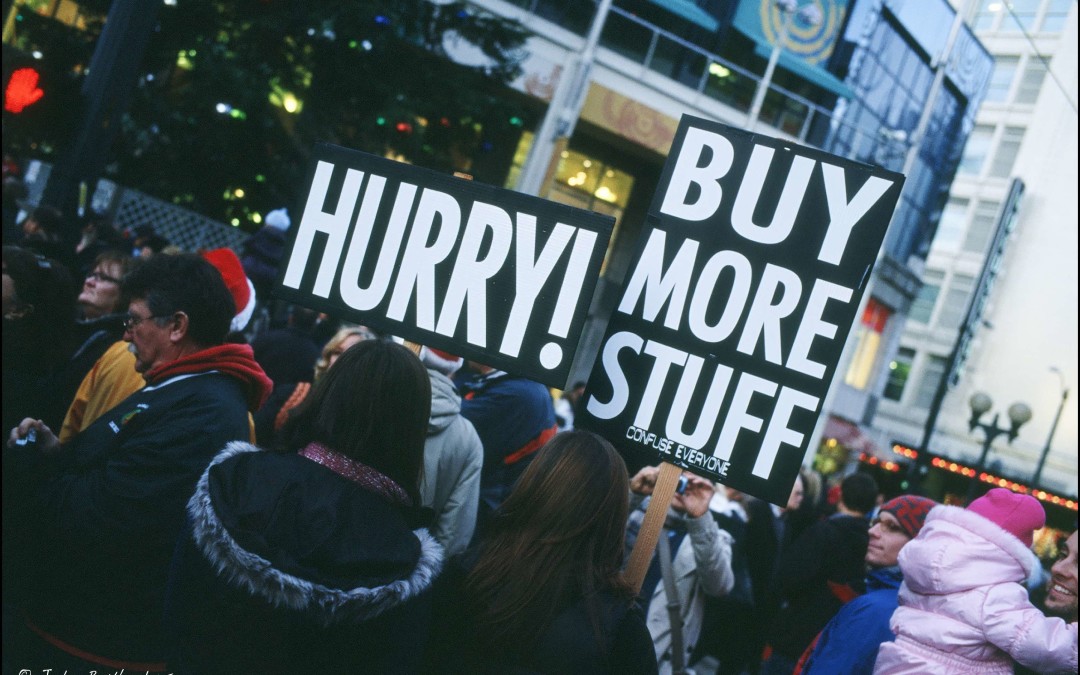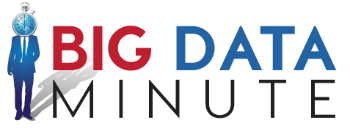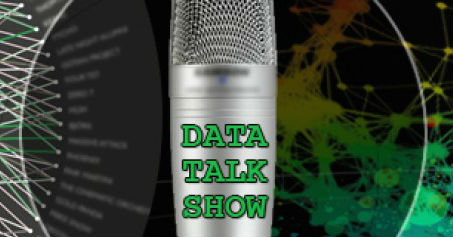
by Aleah Radovich | May 12, 2016 | Predictive Analytics, Save With Data
Collection and analysis of Big Data are crucial to business and government in order to be sustainable and competitive in industry. With the easy accessibility of Big Data, we must ask ourselves how can we use it to its full potential? What limits should be placed on its use? And how can the law enforcement community take full advantage of it and simultaneously retain public support?
Crime analytics is the applied application of analytics by analysts to support crime prevention and investigations as well as intelligence-led policing. It is a prime example of how advanced analytics are about the application of methods and tools by people not just the tools alone. It is important to remember that one does not occur without the other. Moreover, that the role of the human in the analytic process is key to making informed assessments to decision-makers.
As criminals are becoming smarter and more creative using the Web, law enforcement agencies are in need of technology that allows them to stay a step ahead. With the amount of knowledge and insight Big Data can provide, public safety officials have an obligation to protect the wider community. Law enforcement organizations and the private sector working together can enable us all to prevent future crime, reduce costs and prosecute criminals.
This is not something new as crime analytics have been in use since the mid-90s. For example, at the Seattle Police Department, each morning’s schedule begins with review of Google Maps and computer algorithms to determine where officers should focus their attention. For now, predictive policing programs are solely focused on property crimes. This has included recordings of movements of vehicles that are stored for later investigations. Unlike most police departments, Seattle requires officers to vet each citation. For the public, the police department even created a Twitter account for residents to report crime in their neighborhood.
Seattle also has bought on a new software package, PredPol, for predictive policing. It looks at short and long-term patterns in property crimes and can forecast risk. It is in use by 11 other police agencies including those of the cities of Los Angeles and Santa Cruz, California.
On the east coast, the Durham (N.C.) police department’s analytical services group used analytics technology to help reduce the amount of violent crime in a two-square-mile region of the city by more than 50 percent during a four-year span (2007-2011).
In order to be successful using these technologies requires communication to the consumer and close oversight of security and privacy policies. If the public understands their information will be handled securely and that they will benefit then they are more likely to be comfortable with sharing personal details. Trust will take time to develop and proven success in how the data are managed towards the ultimate goal of a global community and secure network.

by Stephanie Rabinowotz | Nov 25, 2015 | Big Data
The traveling industry is welcoming Big Data with open arms for they can use it to track traveling trends and determine when they will be the busiest. This type of information allows companies such as Southwest to determine the optimal time to raise prices or offer deals. Depending on the demand for flights during a certain time period, the airline companies can raise prices and be confident that people will still buy purchase them. This is why we are always told to book our flights with plenty of time in advance; the airlines know that those who wait until the last minute to buy a flight are desperate and will pay whatever is necessary.
Airlines look at the big data to determine which days throughout the year tend to be most heavily traveled and which days people prefer not to travel on. The cheapest days to fly are Tuesdays, Wednesdays, and Saturdays. These days are less expensive than the others because these are the days people don’t necessarily like to travel on. They are inconvenient and therefore less desirable. More sought after days will cost more money, especially around the holidays. Data has shown that there is the most widespread travel between Thanksgiving and New Years. The holidays are when people take extra time to visit family and loved ones they don’t otherwise get to see. Airlines know this and increase their prices knowing that people won’t put a price on seeing their family for the holidays.
Not only the airline industry can use big data to rake in some extra cash. Consumers can look up the data on when airlines raise and drop flights to save themselves some dough on booking their next travel accommodations. As we are right around the corner from this holiday season, hopefully everyone has been proactive, looked at the data and have scored great prices on their tickets home!

by Stephanie Rabinowotz | Nov 23, 2015 | Customer Satisfaction, Predictive Analytics
How will big data effect the black Friday sales this year? Well, big data has allowed the retail industry to know more about each individual customer than ever before. This means that stores will be able to market to us in unique ways that will prompt us to buys more. When we are thinking about buying something we want, all it takes is to see that item pop up on a screen or an email that says it has a slight discount and we are all over it. If that add popped up with some other item that we didn’t want, we wouldn’t think twice about it, but because the stores know what to advertise to us, we fall right into their trap.
So how many people will be lured in this black Friday? According to the National Retail Federation the average American spends $749 on holiday shopping. Black Friday is the biggest shopping day of the year and is where stores make the majority of their yearly sales. With Big Data heavily influencing the retail market it will be interesting to see if there are more online sales than in the stores this year compared to black Friday’s in the past.
Hopefully people will make use of big data and buy the items they want online rather than spending hours parked out in front of a retail department. Maybe this Big Data leap will move our generation to buy online with ease and actually spend black Friday, outside, enjoying their day off with loved ones. To learn more about how Big Data can predict spending habits, Check Out this great Article!

by Stephanie Rabinowotz | Nov 18, 2015 | Predictive Analytics
In light of last week’s tragic events in Paris and Beirut we begin to wonder how terrorists can get away with committing such horrible crimes and is there a way we can stop it? Is there a way to protect ourselves from terrorism other than using drones to bomb whole cities? Could we track these awful people and arrest them before any of their plans can be carried out?
Big Data may not be the first thing that comes to mind when thinking about defending our country’s safety. but it may be more important than we think. We must remember that Big Data is essentially a lot of information- information on all of us. We are the ones who put our information out there for the world to see. We may not think anything of posting on Facebook about our vacation travels or what big event we are attending, but to the sick minded people out there we are basically telling them where and when we will be somewhere they can best attack.
Many people get angry about the fact that the government is tracking their information, but really it is for our own protection. The government is not listening in on your call for entertainment, they are using machines to scan the information our there across the internet for patterns that may detect a possible dangerous outbreak. Whether it be the spread of disease or an angry protest group, the government is searching for clues to predict when these acts may happen and how to best prevent the worst from happening.
What if Big Data could help us spot terrorists living in our country before they could attack. There must be a way to find the connections the link individuals to terrorist groups. This would allow homeland security to track down these individuals and get them into custody before any damage is done. To be able to shut down terrorist groups before they even act would be the best way to prevent terrorism, not by bombing cities that are also home to innocent people.
As for now we can only hope that the information we put out there is being used for good and that the government is using Big Data to its fullest potential to prevent distastes from happening. Check out other articles on Big Data and Security by CLICKING HERE!

by Tara Buck | Nov 2, 2015 | Big Data, Predictive Analytics
The music industry has gone through huge changes over the last 10 years, and finding a “fair” way for artists to make money for their work has become something of a project. CD sales plummeted ever since digital downloads became so popular and readily available. Recently, digital downloads have been steadily declining as music-streaming platforms such as Pandora, Spotify, and Apple Music have gained a rapid following.
Simply put, the industry is changing. So, how can we help artists receive the compensation and recognition they deserve? The answer to that lies within big data.
Pandora’s recent acquisition of Ticketfly gives us a glimpse at the future of the streaming industry- a future that is evolving to include live music. And that’s where the money is- if Pandora can manage the big data.
When streaming was introduced, it gave previously unheard artists a new opportunity to be heard and put the listeners in the driver’s seat. Streaming companies may now be able to drive those changes by using data and directing listeners straight to live events.
Traditionally, ticketing companies have used purchased data along with associated demographic data to target their customers for upcoming events. That should be enough right? Wrong. To accurately use predictive analytics to target these music lovers, streaming companies need to use their years of data from their millions of users. This data is rich with usable information, whether it be demographics from registration, what artists one skips, or what time of day they prefer certain music. Combining this with fan data from ticketing companies benefits both the artist and the listener. So far, Pandora is on the right track with this.
Selling concert tickets to fans based on the types of music they enjoy is not a breakthrough advancement in this industry. However, what can act as a radical change is going to revolve around what data is being used and in conjunction with what.
With Pandora’s recent acquisition, they will not only be able to suggest artists similar to those you already like, but they will also be able to notify you of upcoming concerts that they predict you will like.
By using big data to grow and monetize these fan bases, more live event tickets will be sold and artists will have the opportunity to gain the credit they deserve.
Click here to learn more about how big data can help solve your problems.











Recent Comments